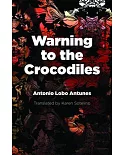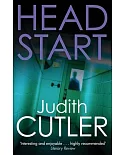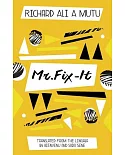"There are many `critical' or `teaching' editions of Henry James's The Turn of the Screw. Kimberly C. Reed's edition distinguishes itself by including with James's novella other stories and
various contemporary documents that highlight James's fictional treatment of the supernatural and the cultural context for it. As a result, this new Broadview edition isn't just a random sample
of someone's favourite James short fictions. Instead, it provides in one accessible package much of the material needed to examine deeply one important aspect of James's oeuvre." Pierre A.
Walker, Salem State College, Co-General Editor of The Complete Letters of Henry James (University of Nebraska Press. 2006)
"Kimberly C. Reed's excellent new edition, attractive to scholars yet accessible to students, places four ghostly tales in a rich historical context of letters, autobiographies, critical
writings, and other invaluable documents. She invites readers to create connections with James's life, the intellectual milieu of the James family, and the body of fictional and non-fictional
works by James that speak most powerfully to these tales. Her account of the roots of the ghostly in magic and religion and its reverberations in deconstruction and psychoanalysis is especially
illuminating, and demonstrates why this collection will be important to many in literary studies and beyond. Sheila Teahan, Michigan State University
In 1898, Henry James wrote a novella that would become one of the most famous and critically discussed ghost stories ever written, The Turn of the Screw. Three other examples of James's tales
of the supernatural, "The Altar of the Dead," "The Beast in the Jungle," and "The Jolly Corner," are included in this edition. These texts reveal on both the thematic and narrative levels
James's deepest concerns as a writer.
The texts in this edition are all drawn from the New York Edition of James's works. The introduction traces the extensive critical debate around The Turn of the Screw, and situates the texts in
contemporary discussions of the supernatural. Appendices include material on the tales' reception, James's writings on the supernatural, and the study of the supernatural in the nineteenth
century.





















